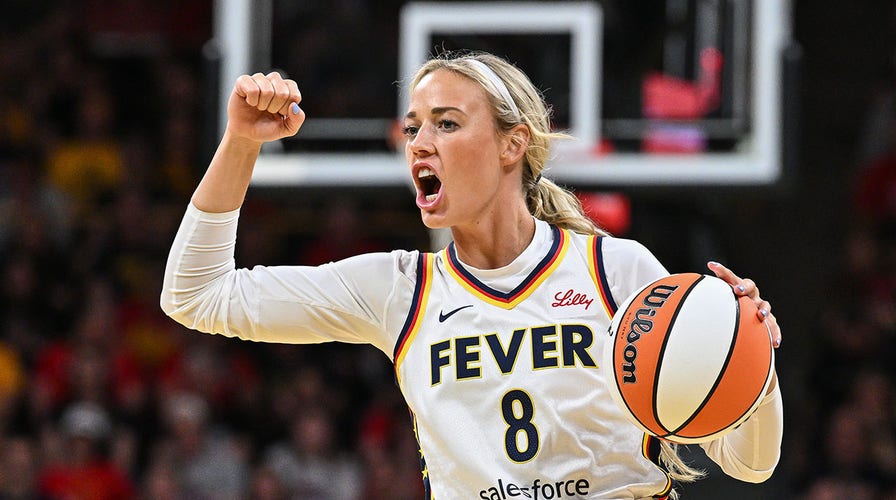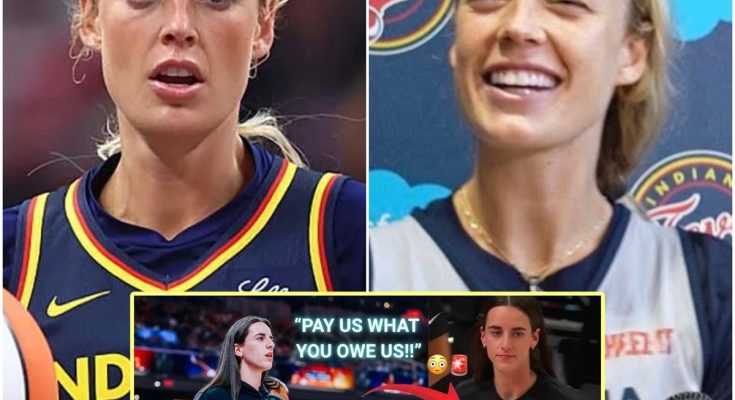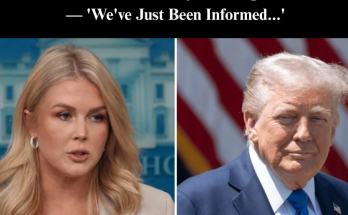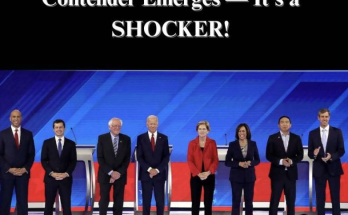In the fiercely competitive world of professional basketball, where every dribble, pass, and shot is scrutinized, it’s rare for a player to openly confront the very leadership of their league. Yet, that’s exactly what WNBA star Sophie Cunningham did, sending shockwaves through the sport with a blunt and unequivocal message directed at Commissioner Cathy Engelbert: “You can just tell Cathy to pay us, and then we can have a discussion.”

This audacious declaration isn’t just a fleeting soundbite; it’s a powerful testament to the simmering frustration among WNBA players regarding their compensation and the overall structure of their season. For years, athletes in the league have grappled with salaries that many consider disproportionately low, especially when compared to the rapidly increasing viewership and attendance numbers that the WNBA has recently enjoyed. With record-breaking interest, fueled in part by a new wave of captivating talent, the chasm between the league’s growing success and its players’ earnings has become an increasingly unavoidable topic.
Cunningham’s comments emerged during a discussion about the WNBA’s 44-game regular season and whether its length is optimal. While the question seemingly revolved around game scheduling and physical demands, Cunningham expertly pivoted, steering the conversation directly to the heart of the matter: financial equity. Her response bypassed any tactical analysis of the season length, instead cutting straight to the core issue that many players feel underpins all other discussions about their careers and well-being. It’s a simple, yet profoundly effective, argument: if the league wants to discuss structural changes, it must first address the fundamental issue of paying its athletes what they believe they are worth.

This outspoken stance by Cunningham is not an isolated incident but rather a vocal expression of a collective sentiment among WNBA players. The timing is particularly crucial, as the league is currently engaged in delicate negotiations for a new collective bargaining agreement (CBA). Players have made it clear that a significant overhaul of the revenue-sharing model and a substantial increase in salaries are paramount. They argue that as the WNBA continues its impressive growth trajectory, expanding its fan base and attracting unprecedented media attention, the athletes who are the very engine of this success deserve a fair and equitable share of the profits.
Beyond the raw numbers of salary, there’s a deeper principle at play. Players are not just demanding more money; they are demanding recognition of their true value. They are professional athletes dedicating their lives to their sport, enduring rigorous training, and performing at an elite level. The perception that their financial compensation does not adequately reflect their talent, their commitment, or their contribution to the league’s burgeoning popularity is a source of profound discontent.
Cunningham also touched upon the critical need for consistency and attention to detail as the team moves into the second half of the season. She emphasized the importance of defensive unity, stressing that success hinges on aggressive, cohesive play rather than individual efforts. Her remarks about avoiding “landslides” and acknowledging that the first half of the season “wasn’t good enough” speak to the intense pressure and high standards expected within professional sports. Yet, even within this performance-driven context, her overarching message about pay suggests that true consistency and optimal performance can only be achieved when players feel truly valued and fairly compensated for their demanding roles.
The WNBA stands at a pivotal moment. The influx of new fans and increased media spotlight presents an incredible opportunity for the league to solidify its place in the global sports landscape. However, this growth also brings heightened scrutiny and pressure to evolve beyond its historical financial models. The candid, emotionally charged statements from players like Sophie Cunningham serve as a stark reminder that the future success of the WNBA is inextricably linked to its ability to address the core demands of its most valuable assets: the athletes themselves. The coming months, as CBA negotiations continue, will undoubtedly define whether the league can successfully bridge the gap between its soaring popularity and the equitable treatment its players are so passionately demanding. The world is watching to see if “Cathy” will indeed “pay us.”



